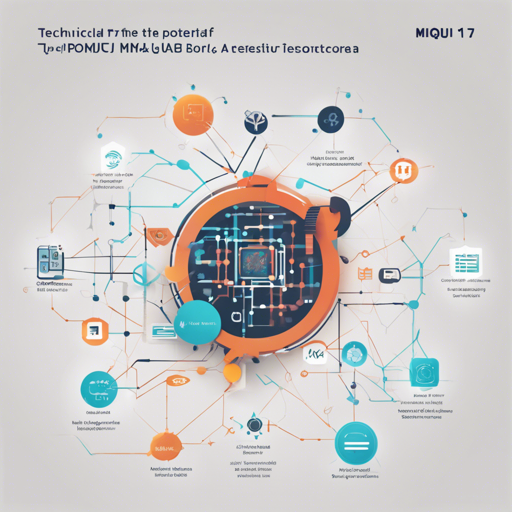The Miqu 1 70b model, developed by Mistral AI, is a powerful tool that can facilitate numerous natural language processing tasks. Whether you’re engaging in dialogue, creating content, or conducting complex analyses, this model is a fantastic choice, especially for French speakers. Today, we will guide you on how to effectively utilize this AI model, troubleshoot potential issues, and enhance your experience. Let’s dive in!
How to Use the Miqu 1 70b Model
Understanding Miqu involves quantization techniques that can be somewhat complex. Let’s break it down using an analogy. Think of the Miqu 1 70b model as a multi-purpose kitchen blender. Depending on the recipe, you can adjust the settings (quantizations) to blend ingredients effectively. Just like you wouldn’t want to use a high-speed setting for fragile herbs, the right quantization improves the model’s performance.
- Choose the Appropriate Quantization: Select from the various quantizations available, such as Q4_K_M, Q3_K_M, IQ3_XXS, and others, depending on your VRAM availability. Each quantization is tailored to manage data loads effectively while optimizing performance.
- Optimal VRAM Usage: Allocate your VRAM wisely. The Miqu model supports full offloading, meaning it can run efficiently on systems with varying capabilities, from 16GB to 48GB VRAM. Choose the quantization that best fits your system specs.
- Adjust Context Size: Depending on the quantization chosen, you can manage the context size (up to 32K). Larger context sizes are crucial for complex dialogues or detailed analyses.
Performance Comparison with Other Models
When comparing Miqu with other leading models, it’s essential to note how it offers a competitive edge. For instance, while CodeLlama 70b models may have limitations on context handling, Miqu boasts a larger context capacity, allowing for deeper and broader engagements. Thus, it excels in perplexity metrics and responses in a conversational context.
Troubleshooting Common Issues
As with any advanced technology, issues may arise when working with the Miqu model. Here are some troubleshooting tips:
- Low Performance Issue: If the model is not performing as expected, check your VRAM allocation. Ensure that the quantization matches your hardware capabilities.
- Inconsistent Responses: Double-check if you’re using the optimal context size for your queries. Larger context sizes are recommended for complex interactions.
- Memory Overload: If you’re facing memory errors, consider switching to a lower quantization to ensure that the model can operate without taxing your system.
For more insights, updates, or to collaborate on AI development projects, stay connected with fxis.ai.
Conclusion
Using Miqu 1 70b, powered by the latest advancements in AI and quantization techniques, promises to enhance productivity and engagement in various applications. This model’s finesse in understanding both English and French languages offers a unique advantage. At fxis.ai, we believe that such advancements are crucial for the future of AI, as they enable more comprehensive and effective solutions. Our team is continually exploring new methodologies to push the envelope in artificial intelligence, ensuring that our clients benefit from the latest technological innovations.

